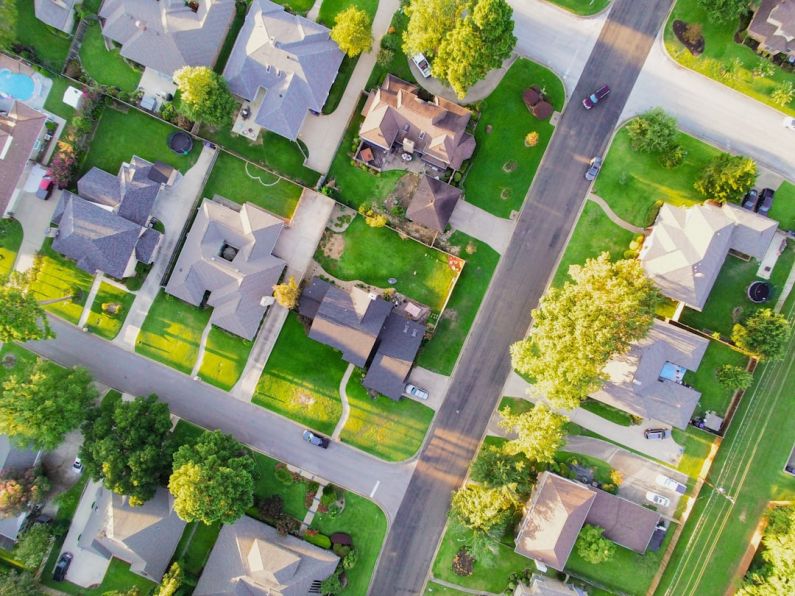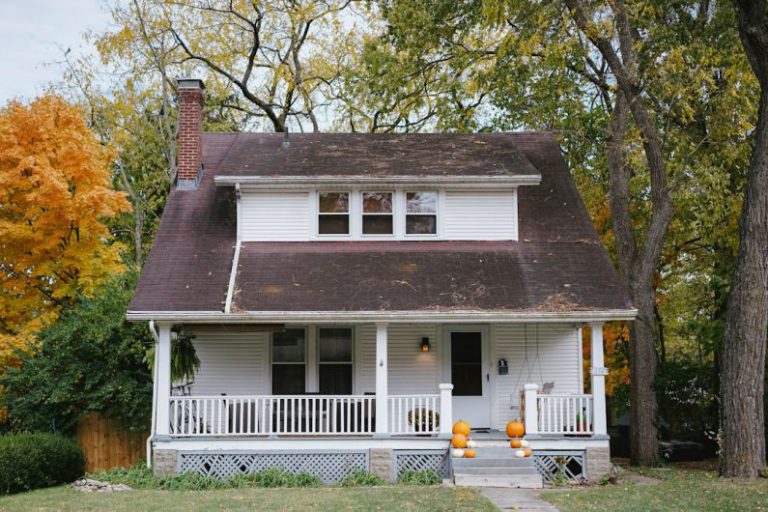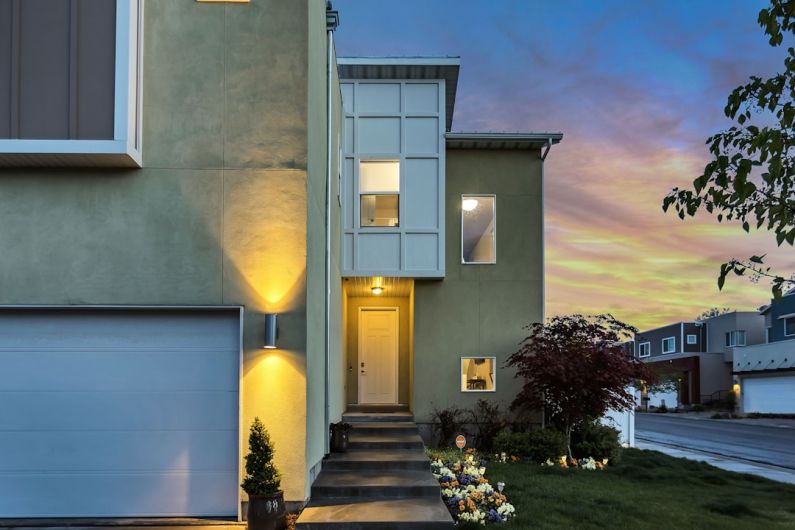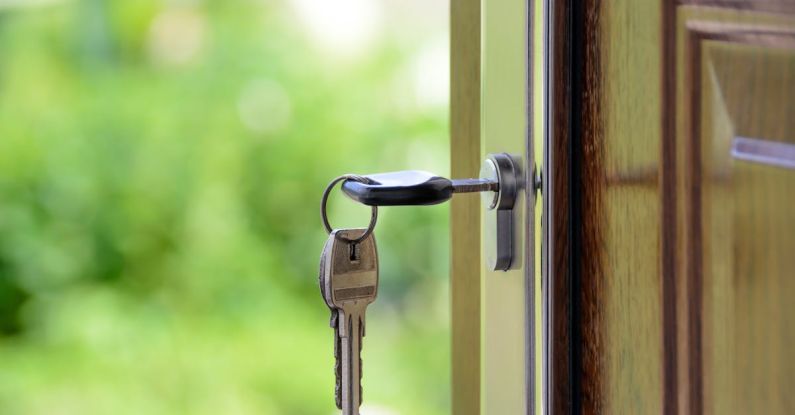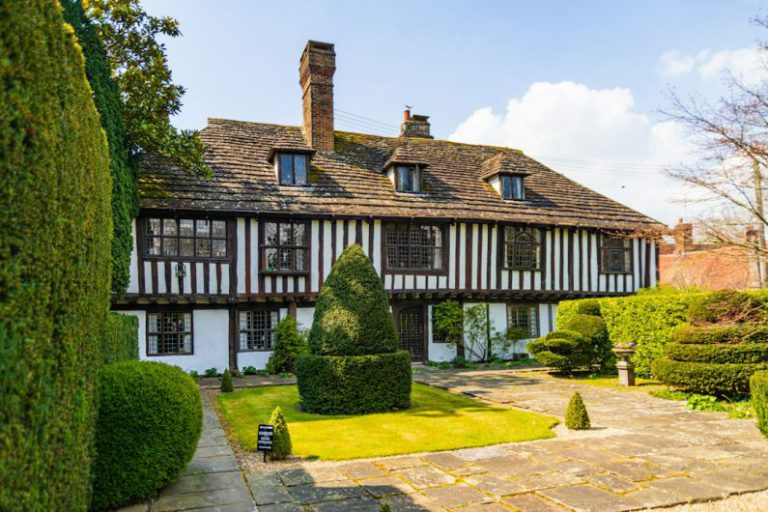How to Choose the Right Neighborhood for Your New Home?
Finding the perfect home involves more than just the property itself. The neighborhood in which you choose to live can greatly impact your quality of life and happiness. So, how do you go about selecting the right neighborhood for your new home? Here are some key factors to consider:
1. Location, Location, Location
One of the most important factors to consider when choosing a neighborhood is its location. Think about your daily commute and how far you are willing to travel to work, school, or other important destinations. Consider the proximity to amenities such as grocery stores, parks, and hospitals. A convenient location can make your life easier and save you valuable time and money in the long run.
2. Safety First
Nobody wants to live in an unsafe neighborhood. Before making a decision, research crime rates and safety statistics for the areas you are considering. Look for neighborhoods with low crime rates and a strong sense of community. Consider factors such as well-lit streets, the presence of neighborhood watch programs, and the overall feeling of security.
3. School Districts Matter
If you have children or are planning to start a family, the quality of the school district should be high on your list of priorities. Research the reputation of the local schools and consider their academic performance, extracurricular activities, and resources. Even if you don’t have children, living in a neighborhood with good schools can positively impact property values and resale potential.
4. The Demographics
Every neighborhood has its own unique demographics, and it’s important to consider whether the community aligns with your lifestyle and personal preferences. For example, if you are a young professional, you might prefer a neighborhood with a vibrant nightlife and trendy restaurants. On the other hand, if you are looking for a quiet and peaceful environment, a family-oriented neighborhood might be more suitable.
5. Amenities and Services
Think about the amenities and services that are important to you and your family. Do you enjoy spending time outdoors? Look for neighborhoods with parks, trails, and recreational facilities. Are you a foodie? Consider neighborhoods with a diverse selection of restaurants and cafes. Think about your hobbies, interests, and lifestyle, and choose a neighborhood that offers the amenities you desire.
6. Affordability
It’s essential to consider the affordability of the neighborhood you are considering. Look at property prices and rental costs in the area and compare them to your budget. Keep in mind that living in a desirable neighborhood often comes with a higher price tag, so balance your desires with your financial realities.
7. Future Development
Consider the future development plans for the neighborhood. Are there any upcoming projects that could affect your quality of life or property values? Look for signs of community growth and investment, such as new infrastructure, businesses, or public transportation. A neighborhood that is evolving and improving can be a good long-term investment.
In conclusion,
Choosing the right neighborhood for your new home requires careful consideration of various factors. The location, safety, school districts, demographics, amenities, affordability, and future development are all important aspects to evaluate. Take the time to research and visit different neighborhoods to get a feel for the community and determine if it aligns with your lifestyle and preferences. Remember, finding the right neighborhood is just as important as finding the right home.
